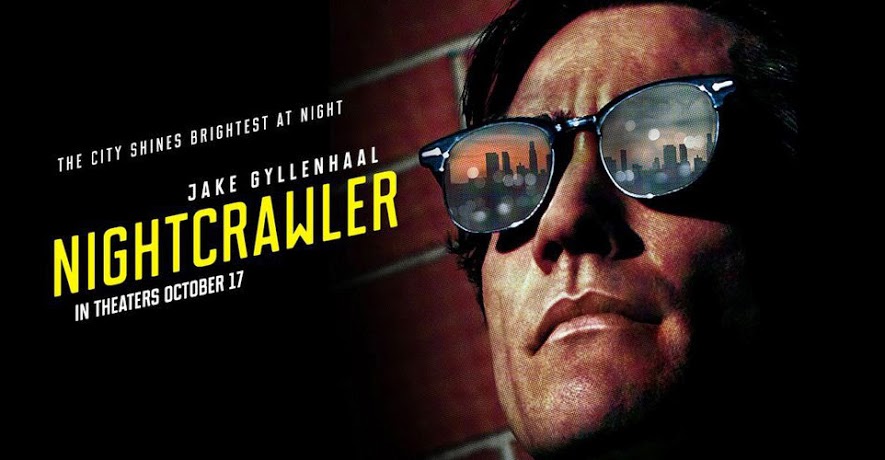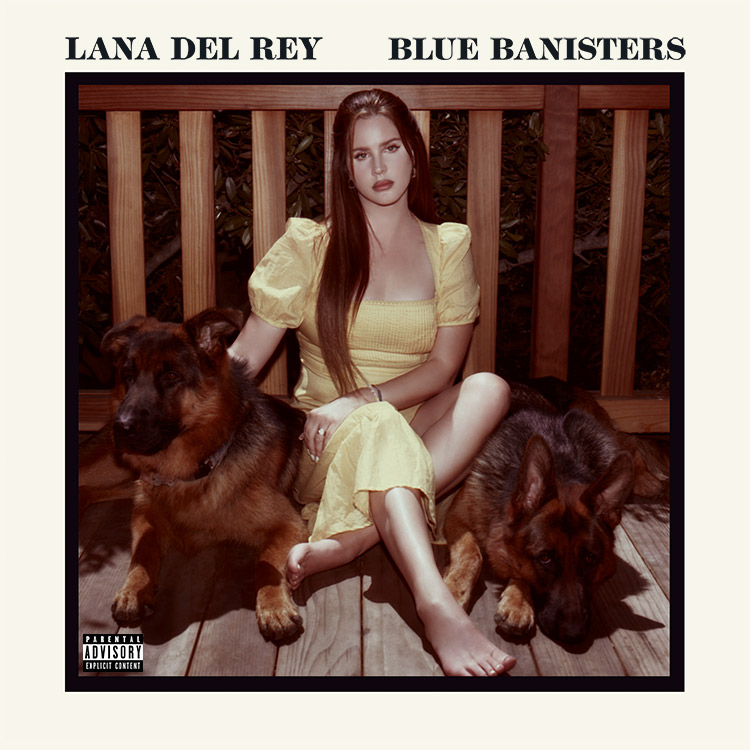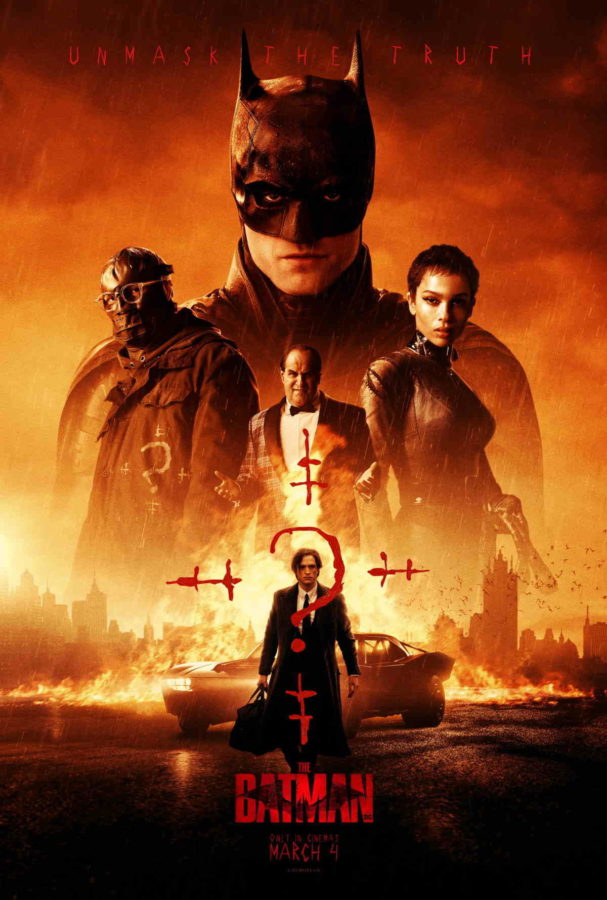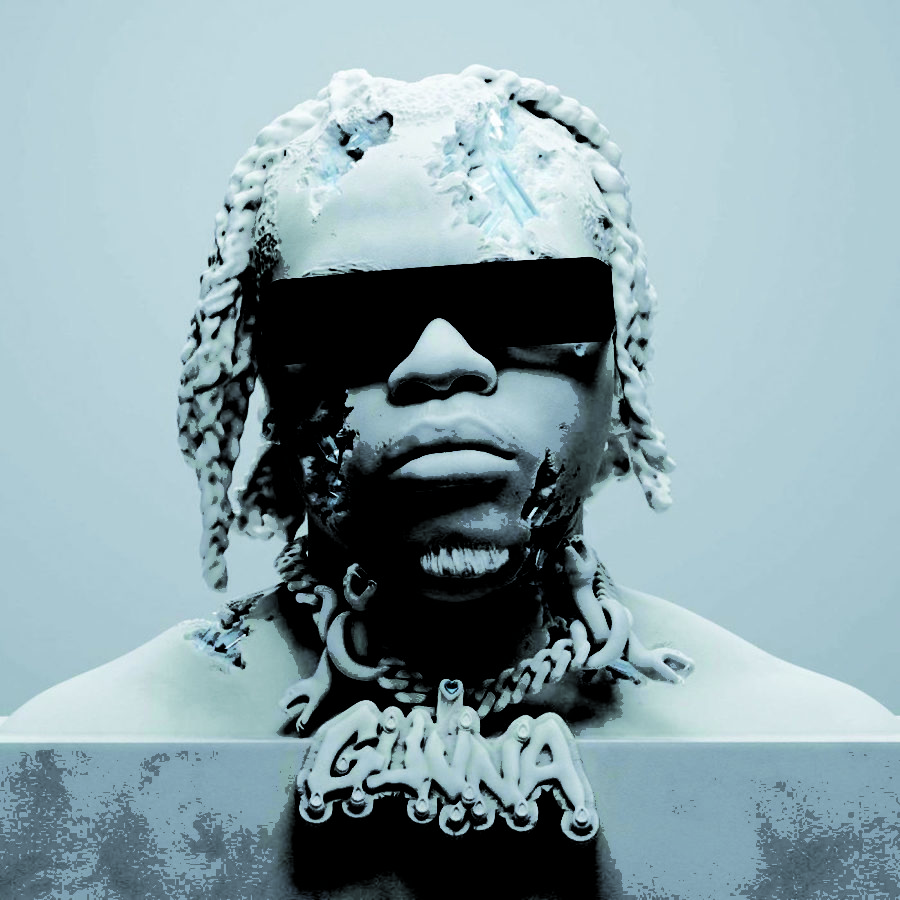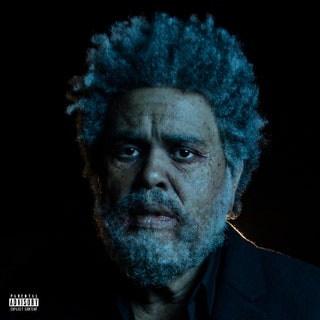Courtesy Photo
There is a saying in journalism, “if it bleeds, it leads.” The sad truth is that violence sells, and news stations livelihoods depend on the types of ratings they can obtain, which comes mostly through exclusive footage of the fallout of violent acts.
The film “Nightcrawler”, explores the ethical and moral ramifications of a news system dependent on ratings through the eyes of a capitalistic psychopath.
Lou Bloom is a conman who sees an economic opportunity as a stringer, someone who gathers violent and gory news footage at the scenes of horrific crimes and then sells the footage to news stations.
Bloom, played by Jake Gyllenhaal, is a misanthropic and manipulative enigma of a man. He regularly regurgitates capitalist platitudes about the value of hard work while coercing the cooperation of those he works with and cheating his way to success.
Not since Patrick Bateman has the silver screen seen a character so obsessed with himself that he would cross all ethical and moral boundaries in order to get ahead.
Gyllenhaal delivers a fantastic performance as Bloom. He offers just enough insight into the character’s unreadable motivation to make him fascinating. The way Gyllenhaal is able to imbue this frightening character with enough charm that you can find yourself worried about his safety or wanting him to succeed is an incredible feat. I feel it is a safe assumption that Gyllenhaal has put himself into best actor contention with the performance he portrayed in this film.
Gyllenhaal’s masterful performance aside, “Nightcrawler” also succeeds in many technical aspects.
Visually, the film offers a gorgeous yet realistic view into the glittering yet seedy underbelly of Los Angeles. Neon lights, camera lights and police lights illuminate the LA skyline as Bloom puts himself into desperate and dangerous situations in order to scrape ahead.
The film is writer and director Dan Gilroy’s directorial debut, but the film suffers from none of the pitfalls of directorial inexperience. The pacing and plot are magnificent, the visuals are as enticing as the bright lights of a big city and the film is as tense as the life and death scenarios that Bloom’s camera captures.
One particular instance that shows both Gilroy’s and Gyllenhaal’s skill is the way in which the film ambiguity regards to how the audience is supposed to feel about Bloom. When I watched “Nightcrawler,” the audience would be divided in reactions to Bloom’s actions in many scenes. Some would laugh while I personally cringed at the disgusting actions Bloom would take to get his way. I think this ambiguity is a strength that highlights Bloom’s off-putting charm.
Overall, “Nightcrawler” is a powerful film that raises many profound questions about the state of the American media and about the public who wish to view these violent crimes, and on the overarching problems caused by the American capitalist system that could create and hide monsters such as Bloom.
























